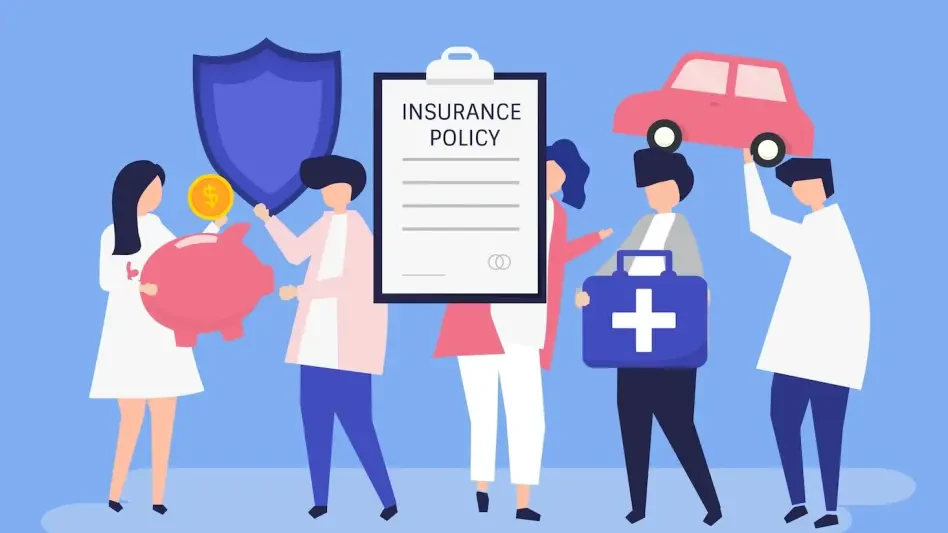In the shadow of recent political shifts, the landscape of healthcare in the United States hangs in precarious balance. As some experts predict an increase in uninsured Americans, startling statistics reveal nearly 9% of the population remains without health insurance today. This stark reality sits against a backdrop of policy proposals aiming to roll back coverage expansions, prompting a pressing question: Will new policies further inflate these numbers? Consider the plight of the middle-class family doggedly striving to find affordable health insurance, a scenario emblematic of an ever-growing national challenge.
The Significance of Healthcare Access
Health insurance is not just a financial safety net—it is a critical determinant of health and economic stability. Uninsured individuals often face delays in receiving necessary medical care, which can lead to more severe health issues and higher economic costs from emergency interventions. Rising uninsured rates echo broader societal concerns, including healthcare accessibility and economic inequality. With legislative debates gaining momentum, understanding how these proposed policies may widen the gap is crucial. The current uncertain climate adds urgency to calls for protective measures in public policy.
Unpacking Proposed Legislative Changes
Central to the discussion are proposed policies encapsulated in the “One Big Beautiful Bill Act.” This piece of legislation outlines significant tax cuts designed to favor wealthier Americans while potentially pulling back on healthcare provisions. Experts forecast that under these changes, Medicaid could face substantial funding reductions, leading to an estimated loss of coverage for 10.9 million individuals by 2034. Comparing states offers telling insights: Insurance rates in states that expanded Medicaid show markedly lower uninsured rates than those that did not. For instance, non-expansion states like Georgia see uninsured rates nearly double that of their expansion counterparts.
Perspectives and Personal Tales
Experts warn that proposed policy shifts could significantly increase uninsured rates, exacerbating socioeconomic disparities and public health challenges. Alton Fry and Kiana George bring personal stories to these statistics, illustrating the real-life stakes. Fry, like many middle-class individuals, earns too much for Medicaid yet finds marketplace insurance financially unattainable. Meanwhile, George faced a personal health crisis after losing Medicaid benefits, showcasing the real-life impact of policy decisions. Research consistently shows that health insurance enhances access to care and improves health outcomes, underscoring its crucial importance.
What This Means for Individuals and Policymakers
Individuals potentially affected by these changes should consider exploring alternative coverage options and advocating for healthcare reform. Policymakers are urged to devise strategies that can counteract the adverse effects of climbing uninsured rates. Addressing root causes such as the reliance on employer-based insurance and disparities in Medicaid expansion is critical. Advocates must rally for policies that bridge gaps in coverage, ensuring a more equitable healthcare system for all citizens. Engaging in constructive dialogue with elected officials can also help shape the direction of health policy.
Actionable Steps and Reflections
The proposed policy changes are shaping the nation’s healthcare discourse, urging a reevaluation of how America provides access to insurance. Future efforts must focus on creating inclusive policies that account for the socio-economic diversity of the populace. Crafting solutions that ensure continuous coverage, elevate public health, and reduce financial strain on families is imperative. Reflecting on past legislative approaches may provide valuable lessons to avoid replicating systemic issues. As the dialogue evolves, informed, empathetic policies can help build a robust bridge toward equitable healthcare for all Americans.









